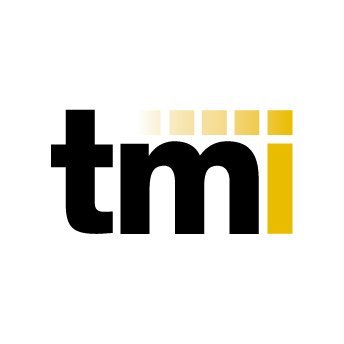Navigating the increasingly complex waters of Know Your Customer (KYC) processes has become a significant challenge from a corporate treasurers perspective on KYC.
The frustrations are palpable, evident in the findings from our recent poll. While we often examine the challenges from the banks’ point of view, this spotlight on the Corporate Treasurer provides insight into the end customer perspective. The poll focusses on the experiences by those overseeing fulfillment of KYC requirements within both corporate and commercial customer organizations. Encompass surveyed 250 corporate treasurers, split evenly between the UK and US. The survey gains insight to their attitudes and experiences accessing financial products and services.
From the frustration of navigating endless paperwork, to the challenges of complying with ever-changing regulations, treasurers worldwide grapple with the impact of the KYC burden on their organizations.
The rise of KYC challenges for corporate treasurers
The burden of KYC has intensified in recent years, spurred on by hefty fines levied on banks by regulators. Much of the documentation requested by banks is necessary for legal and regulatory compliance. However, treasurers often find themselves grappling with requests that seem arbitrary, repetitive, or excessive.
A staggering 73% of respondents agreed that their organizations were dissatisfied with their bank’s KYC process. The sentiment was even more pronounced in the UK, where 80% echoed dissatisfaction, compared to 66% in the US.
The survey revealed a recurrent issue: 93% of organizations reported being asked for the same information multiple times by banks. The frustration was uniform across both regions, with 98% in the UK and 88% in the US experiencing this redundancy.
Abandoned banking applications
A concerning 87% admitted to abandoning a banking application at least once. The repeated nature of such abandonments was notable, with 51% experiencing it multiple times.
Revenue loss and onboarding delays
The impact of KYC on revenue for the customer is something which banks may currently be underestimating but stood out in the results. 86% shared that their organization had lost revenue due to the length or complexity of a bank’s onboarding process. The UK and US were closely aligned on this issue, with 84% and 89% respectively acknowledging revenue loss.
The time it takes to open a new banking account was revealing, with an average of 41 days being recorded by organizations. This uphill battle is compounded by the fragmented nature of the market. Furthermore, with different banks and even different branches of the same bank making varying demands on companies.
The impact on resources
For some treasurers, dealing with KYC requests has become a daily task, consuming valuable time, and resources. Internal policies may further complicate matters, making it difficult or impossible for treasurers to provide all the information banks require.
The KYC burden is not just a headache for treasurers; it also has a significant impact on corporate bank relationships. Expectations are rising and some companies are actively avoiding banks with unnecessarily onerous KYC processes, while others are reducing the number of banks they work with altogether.
These statistics underscore the significant challenges faced by treasurers in navigating the KYC landscape, from redundant requests to abandoned applications and revenue loss. The time-consuming nature of the onboarding process further compounds these challenges, highlighting the urgent need for streamlined KYC procedures.
Automating the KYC process
In response to these challenges, treasury teams are looking for automation to simplify the KYC process. One such solution is for banks to leverage Corporate Digital Identity (CDI) technology to streamline client onboarding processes.
CDI, which combines corporate information from public sources, with documents and data shared privately by the customer, can significantly enhance verification and validation processes, improving customer experience and boosting banks’ future growth.
Friction during outreach has been an issue plaguing banks for decades, particularly in the corporate banking space, slowing down the process and preventing them from onboarding a higher volume of customers.
Now for the first time, technology exists enabling banks to embrace CDI as the future of the industry. As a result, enabling quicker verification and data sharing, and reducing previous human-led approaches.
These survey findings emphasize the pressing need for banks to modernize their onboarding processes. From a corporate treasurers perspective on KYC banks must transform to meet evolving customer expectations and enhance operational efficiency.
[calltoaction url=”https://encompasscorporation.com/resource-hub/infographics/corporate treasurers/” type=”INFOGRAPHIC” title=”Corporate treasurers poll results” text=”How does the KYC process impact the customer?” postid=”117751″]


